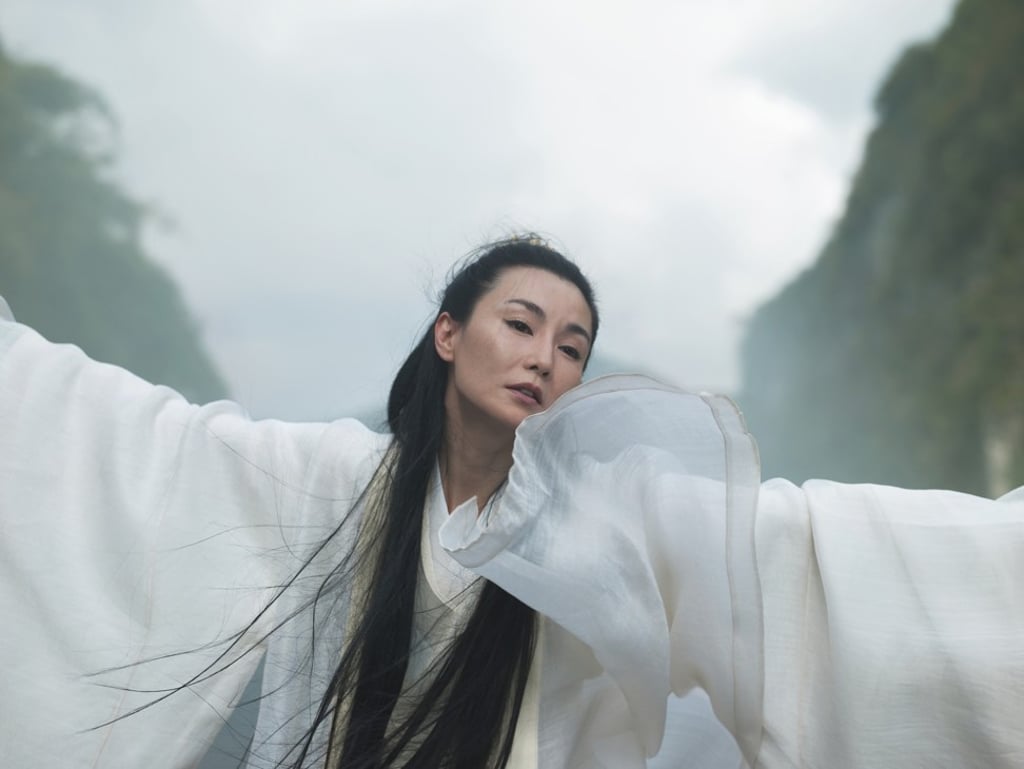Whatever happened to Maggie Cheung, icon of Hong Kong cinema? 15 years after her last leading role, a new career beckons
- In The Mood For Love actress, who’s 55 on Friday, all but disappeared from cinema screens after her last award-winning turn, in 2004 film Clean
- After an ill-starred move into music she adopted a low profile, but appears to have revived her dreams of a singing career, and talked about why she quit movies

This month, The Guardian published a list of the 100 best films of the 21st century. Asian cinema was under-represented, but one film from Asia made the top five. “Has there ever been a more beautiful couple in the history of cinema than Tony Leung and Maggie Cheung in Wong Kar-wai’s smouldering love story In the Mood for Love?” its critic asked.
The answer to that is “No”. Both Leung and Cheung were at the top of their game when they starred in Wong’s 2000 masterpiece, the Hong Kong actress’ beautiful silhouette on full display as she strutted in a succession of magnificent cheongsam in a reimagined, somewhat fantastical 1960s Hong Kong of alleys and stairways.
Nearly two decades on from the film’s release, Cheung, who turns 55 on Friday, keeps a low profile. Since 2004, when she appeared in Wong’s film 2046 and in Clean, for which she won the last of her 11 best actress awards – at the Cannes Film Festival – she’s had only one film role, a small part in 2010 ensemble comedy Hot Summer Days.
Her last appearance on screen was in an artwork rather than a film – she played a character in artist Isaac Julien’s installation Playtime in 2013, having previously played the goddess Mazu in his installation Ten Thousand Waves in 2010.

After that, Cheung began pursuing a new dream – music. She made her singing debut at the Strawberry Music Festival in Shanghai in 2014, but was criticised for singing out of tune. After that, she stayed out of the limelight.